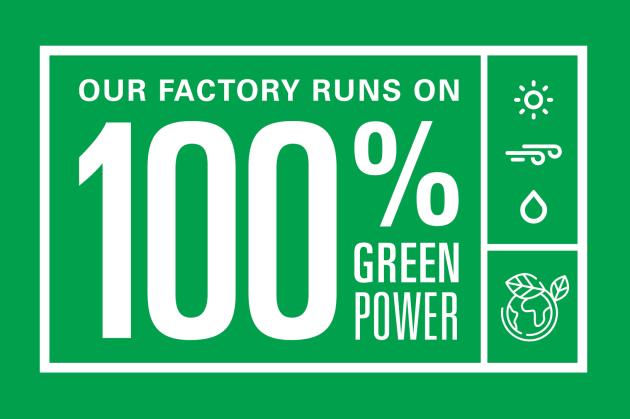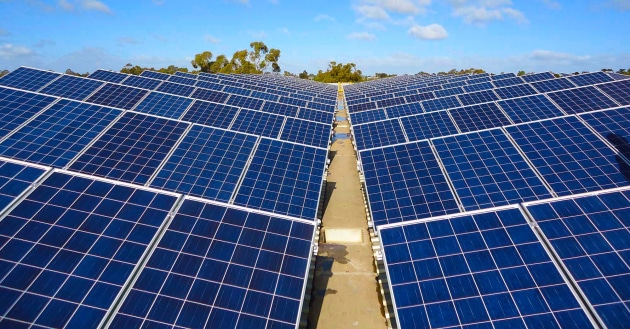Packaging systems integrator Foodmach’s manufacturing operations are now running on 100% renewable energy following the appointment of Momentum Energy to supply renewables for surplus energy requirements at its Echuca facility.
As Foodmach consumes power from the grid, which can be generated from many different sources, the additional fee paid per kWh for electricity ensures that GreenPower renewable energy is exported to the grid to match Foodmach’s usage.

GreenPower is a government-accredited product offered by most electricity retailers to households and businesses in Australia.
Business improvement manager Tim Ford, who leads Foodmach’s ESG (Environmental Social Governance) team, said that the move is part of the company’s ‘people + planet + profit’ model.
“We're looking for ways to boost our energy efficiency, reduce waste at all levels and flatten our carbon emissions. Our factory produces around 45% of its own power through a 100kW solar system installed a decade ago. The 400 solar panels have mitigated over 1,000 tons of carbon emissions to date.
“But we’d like to do more, so we’ve been optimising our energy efficiency by changing all the lighting in our 5,400m2 factory to LED, resulting in around 30% energy savings for lighting.

“We also run fans, not air conditioners in our factory during summer, which means we use less energy for cooling than most businesses.
“We’ve upgraded our older laser cutter to a new energy-efficient fibre-optic version, which uses significantly less energy and assisted gases (nitrogen and oxygen) and cuts faster with less heat. Our next step is to work with experts to track and reduce our CO2 emissions even further.”
The business is currently looking at options for renewables at its satellite offices.
CEO Earle Roberts said the move to Momentum is just the start of Foodmach’s journey to Net Zero.
“Our plans for Net Zero are two-fold. Not only are we committed to reducing our carbon emissions, we’re creating solutions to help our customers reduce theirs.
“We’ve released a controls software package that saves on energy and resource consumption at all levels across an entire packaging line. Line MES (Manufacturing Execution System) recently won us an innovation award for its unmatched approach to waste reduction. We’re looking forward to seeing how much it benefits our customers’ Net-Zero efforts while we double down on Foodmach’s footprint reduction.”





